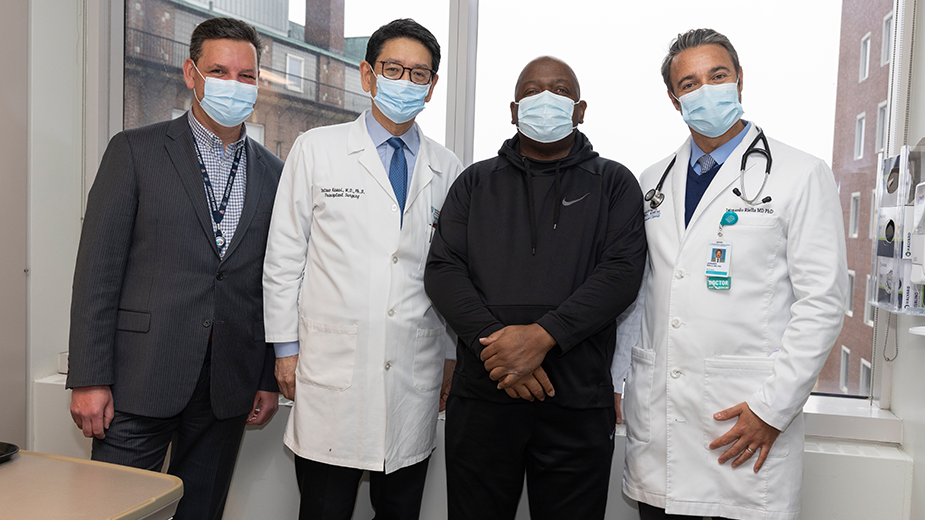
Having private insurance may not be all it is cracked up to be when it comes to hospital bills, new research warns. In a report published Monday by the nonprofit research institute RAND Corp., researchers discovered that patients with private health insurance may wind up paying more for procedures or tests performed during their stay than Medicare… read on > read on >


















